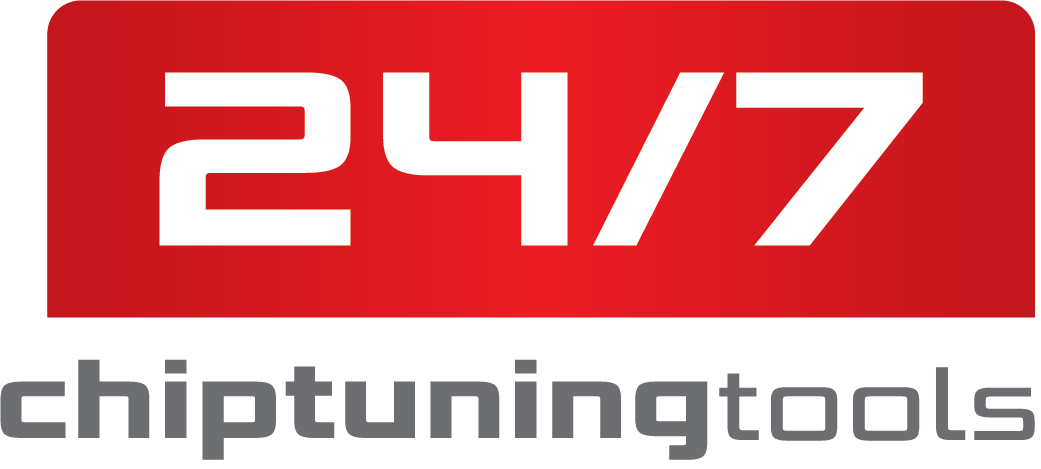Power Class Modification
In the realm of automotive tuning, “Power Class Modification” stands out as a crucial concept for both beginners and seasoned professionals. This process involves adjusting the power class of a vehicle’s Engine Control Unit (ECU), effectively unlocking higher performance capabilities without the need for physical modifications to the engine. Understanding this concept can significantly enhance your tuning endeavors, offering a pathway to optimize vehicle performance efficiently.
Understanding Power Class Modification
At its core, power class modification revolves around altering the software settings within an ECU to upgrade the power output of a vehicle. Manufacturers often produce several versions of an engine with varying power outputs, known as power classes, to meet different market needs and regulations. These variations are typically software-based, allowing tuners to modify the settings and achieve a higher power class within the same engine hardware.
The Role of the ECU in Power Class Modification
The ECU is the brain of a modern vehicle, responsible for controlling the engine’s operation by managing fuel injection, ignition timing, and other critical parameters. Power class modification involves reprogramming the ECU to modify these parameters, thus enhancing the engine’s performance capabilities. This process is often achieved through specialized tuning software and tools.
Steps Involved in Power Class Modification
- Identifying the Current Power Class: The first step is to determine the current power class of the vehicle using diagnostic tools and software that can read ECU data.
- Choosing the Desired Power Class: Based on the vehicle’s capabilities and the owner’s preference, a new power class is selected. This decision should consider factors such as the vehicle’s condition, intended use, and any regulatory constraints.
- Reprogramming the ECU: This is the most technical part of the process, requiring the use of specialized tuning tools to adjust the ECU settings. It involves uploading a new software map that corresponds to the chosen power class.
- Testing and Validation: After reprogramming, the vehicle should be thoroughly tested to ensure that the modifications have been implemented correctly and that the vehicle operates smoothly.
Benefits of Power Class Modification
Power class modification offers several advantages that make it an attractive option for vehicle owners looking to enhance performance:
- Increased Performance: By unlocking additional horsepower and torque, vehicles can achieve better acceleration and overall performance.
- Cost-Effective: Since the process does not require any physical modifications to the engine, it is often more cost-effective compared to traditional tuning methods.
- Reversible: One of the significant benefits is that the process is reversible, allowing the vehicle to be returned to its original settings if needed.
Considerations and Risks
While power class modification offers notable benefits, it is essential to approach the process with caution. Improper tuning can lead to engine damage or void manufacturer warranties. Therefore, it is crucial to work with experienced professionals and use reliable tuning tools. Additionally, it is important to ensure that any modifications comply with local regulations regarding vehicle emissions and safety standards.
Tools and Software for Power Class Modification
To perform power class modification, tuners rely on a variety of tools and software. Some of the popular choices include:
- WinOLS: A comprehensive tool for tuning and optimizing ECU maps. For more information, you can explore our blog post on WinOLS.
- ECM Titanium: Known for its user-friendly interface and extensive database of ECU files.
- Alientech KESS3: A versatile tool used for reading and writing ECU data, compatible with a wide range of vehicles.
These tools provide the necessary capabilities to safely and effectively perform power class modifications, ensuring optimal performance enhancement.
Conclusion
Power class modification is a powerful technique in the world of chiptuning, offering an efficient way to enhance vehicle performance without extensive mechanical alterations. By understanding the process and utilizing the right tools, tuners can achieve impressive results, unlocking the full potential of a vehicle’s engine. Whether you’re a beginner or a seasoned professional, mastering this concept can elevate your tuning skills to new heights.
Want to learn more about Power Class Modification? Explore our range of tuning tools and software here.
If you have any questions regarding chiptuning, chiptuning tools or chiptuning files, please reach out to us and we’re happy to answer your questions! Contact us.

